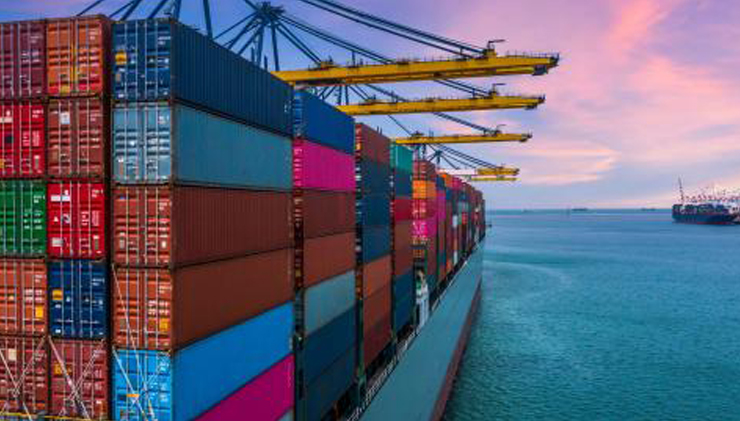 Essential Insurance Policies Every Small Business Owner Should Consider
Essential Insurance Policies Every Small Business Owner Should ConsiderThe risks involved in transportation can pose a serious threat to a food manufacturer’s or distributor’s bottom line. Cargo insurance provides critical protection, but it’s important to insure cargo for its full value. Furthermore, whether your policy has a margin clause will impact how much coverage you have for a loss.
What Is a Margin Clause?
A margin clause is an insurance provision found in some commercial property insurance policies, including some cargo insurance policies and many blanket insurance policies. It establishes the maximum amount the policyholder can collect in the event of a loss at a location, typically expressed as a percentage higher than 100 and based on the declared value.
How Does the Margin Clause Impact Payouts?
When determining whether you have sufficient coverage for a shipment, it’s not enough to look at the maximum limit of your blanket insurance policy – you also need to consider your per-occurrence or per-location limits. It is here that the margin clause plays a major role.
Let’s consider this scenario:
- You have a blanket insurance policy with a limit of $1 million.
- The margin clause establishes a 120% margin.
- A shipment with a declared value of $100,000 is destroyed in transit.
- According to the margin clause, the maximum amount you can receive from the insurer is $120,000, regardless of the actual value of the loss.
- If you under-declared the shipment, and the actual value of the loss is $150,000, you still can only claim $120,000, even thought the blanket limit is higher.
If your cargo insurance policy does not have a margin clause, you will need to find out how the insurer determines the maximum limit for a single shipment. Do not assume it is the policy limit – it’s possible that a shipment will have a limit equal to the declared value without a margin to provide a buffer. This can result in less coverage than you would have with a margin clause.
Is Your Food Shipment Properly Protected?
Food shipments are vulnerable to many loss events while in transit. For example, collisions and rollover crashes could cause food shipments to spill out onto the road or the vehicle could catch fire. Cargo theft is another major concern – and one that may be becoming worse. CargoNet says there were 582 incidents in the second quarter of 2023, representing a 57% increase compared to the second quarter of 2022.
Cargo insurance provides protection against losses. However, food manufacturers and distributors should not assume their policies will provide sufficient protection. When reviewing your coverage, a few issues to consider include:
- Whose insurance covers the shipment? If you are relying on a carrier’s policy to protect your goods, confirm the appropriate coverage is in force and adequate. Since the policy may not fully cover your property in transit, you may need additional coverage.
- What modes of transportation does the policy cover? If a shipment will travel by multiple modes of transportation (for example, by road, rail, air, or sea) confirm that coverage is in place for all these.
- What are the insurance limits? Since a single shipment can have a high value, make sure the policy provides sufficient coverage for a total loss. To do this, you need to determine the limit for an individual shipment, which may be based on the declared value rather than the policy limit. As discussed above, whether there is a margin clause will determine exactly how much you can receive for a loss.
- Is the declared value of your shipment accurate? Underinsurance is a problem for both policyholders and insurance companies, who rely on correct values for accurate underwriting. Having accurate values can also help you avoid uncovered losses, since your payout may be limited based on the declared values.
Navigating the ins and outs of cargo insurance can require extensive knowledge. Don’t wait until you have a claim to find out if your coverage is sufficient.
Heffernan Insurance Brokers helps food manufacturers and distributors secure insurance packages designed for their needs. Learn more.



